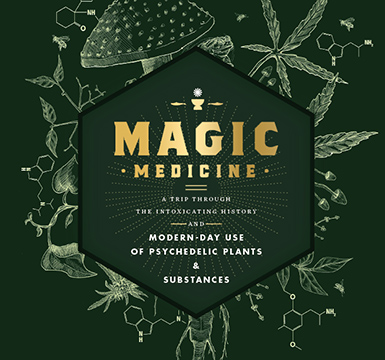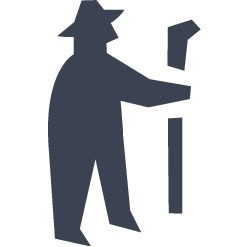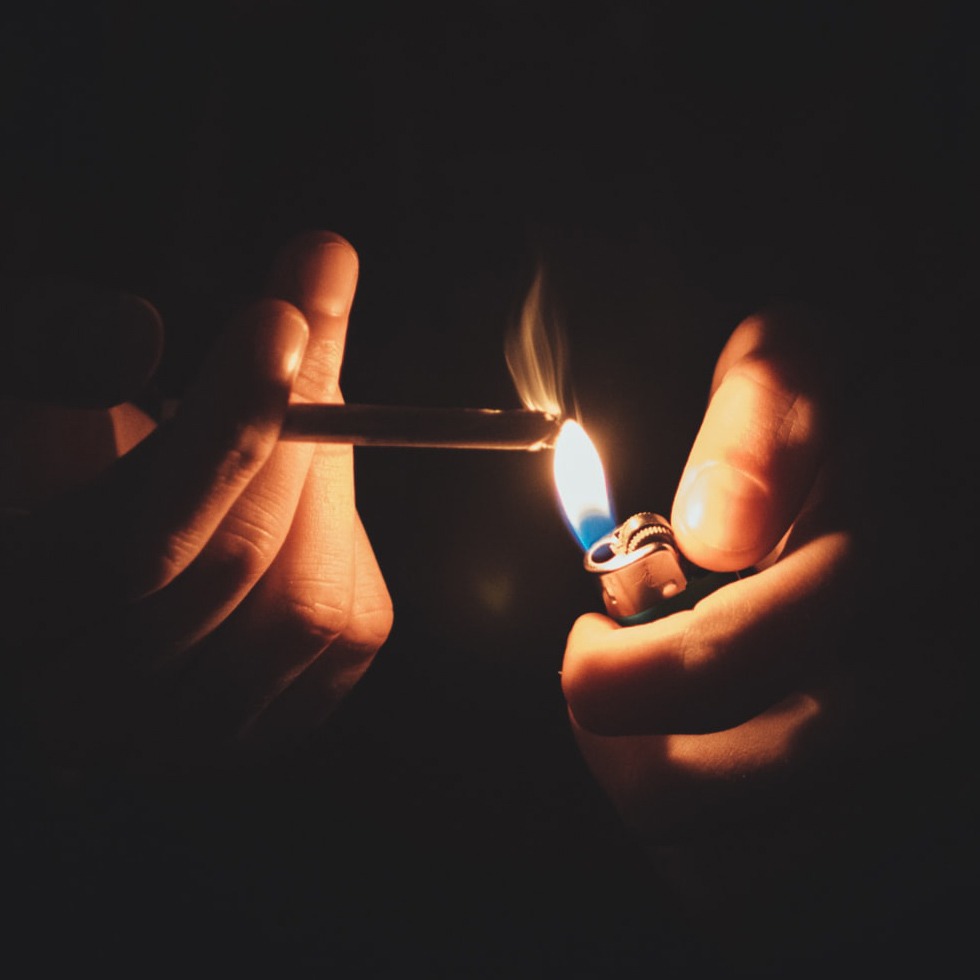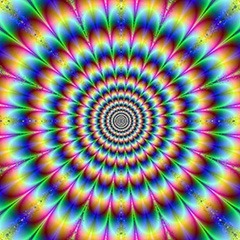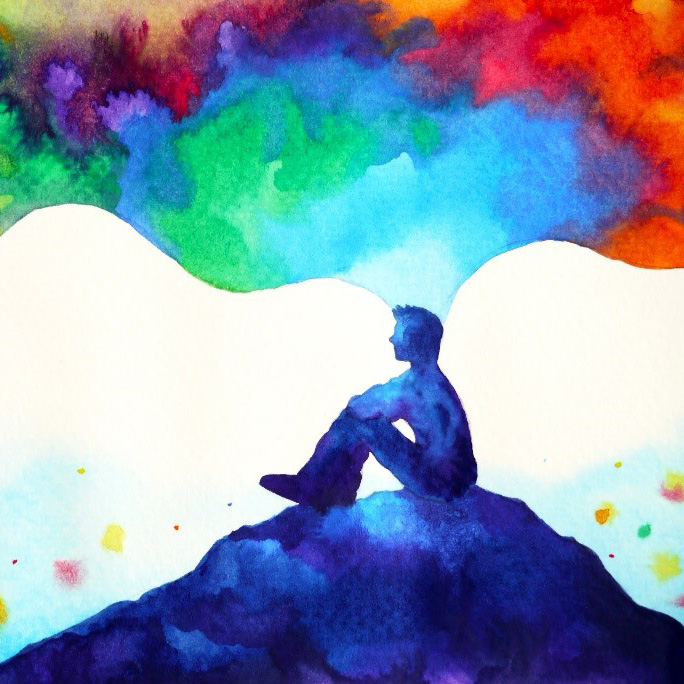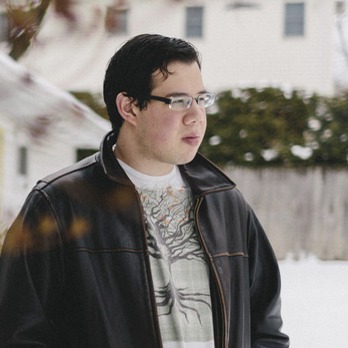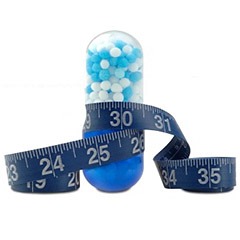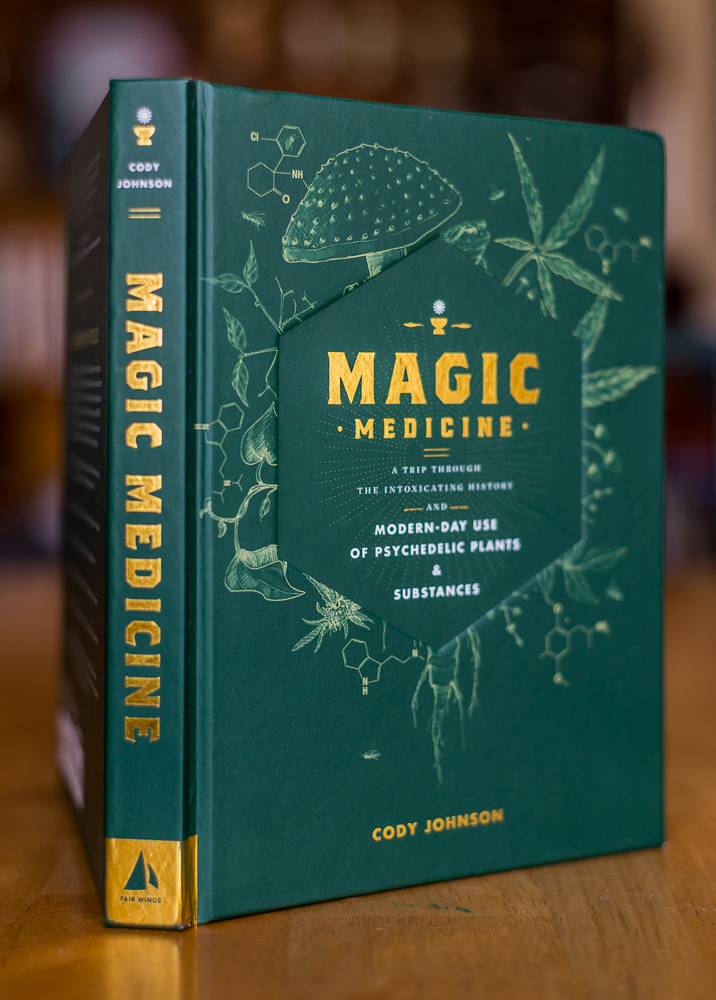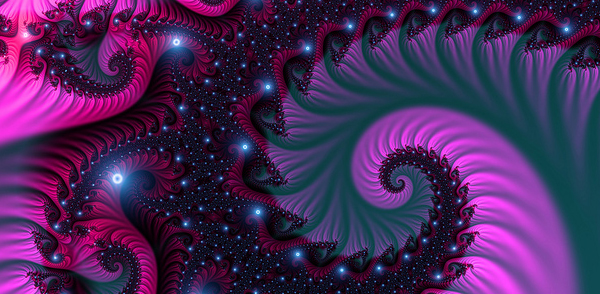
People who have used psychedelic drugs are less likely to suffer from depression, psychological distress, or suicidal thinking, according to a new study published in the Journal of Psychopharmacology.
The research was led by Peter Hendricks, a professor of clinical psychology at the University of Alabama at Birmingham, using data from the National Survey on Drug Use and Health. Survey responses from over 190,000 adults were analyzed and the respondents were divided into two groups — lifetime psychedelic users and non-users. Lifetime users were defined as those who had ever, even once, tried DMT, ayahuasca, mescaline, psilocybin mushrooms, or LSD. 13.6% of survey respondents fell into this category (percentages have been weighted to correct for confounding variables).
Classic psychedelics remain Schedule I substances…rendering clinical research with these drugs extremely difficult to conduct.
Use of other illicit substances, say the researchers, are “by and large associated with an increased likelihood of psychological distress and suicidality.” The use of non-psychedelic substances is a suicide risk factor, they conclude, but psychedelics appear to have the reverse effect.
Correlation does not necessarily imply causation, however. “It might be that those who use psychedelics are inherently curious or spiritual, and that’s why they have better mental health,” Hendricks told al.com. “We can’t control for that.”
“No one study is going to answer every question,” he continued. “But we need to be able to go where the studies lead us. Right now that suggests that these substances can be protective for mental health.”
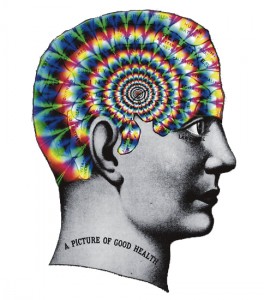
Psychedelic users were 36% less likely to have attempted suicide in the past year.
The results align with another recent study, completed by a Norwegian team in 2013, which also linked psychedelic use to improved mental health. In that study, psychedelic users were shown to have a lower incidence of psychosis, anxiety, mood disorders, social phobia, and PTSD. Users also had lower rates of psychological distress, outpatient mental health treatment, and psychiatric medications.
The authors of the new study do not shy away from criticizing the policy of prohibition that continues to impede psychedelic research:
Despite millennia of use in sacred healing rituals, and accruing scientific evidence suggesting safety and efficacy when administered in clinical settings with appropriate safeguards (Johnson et al., 2008), classic psychedelics remain Schedule I substances. … These legal restrictions were enacted in the absence of a compelling medical or scientific rationale, and contemporary analysis suggests that classic psychedelics are among the least harmful of misused drugs, with limited dependence potential.
Like David Nutt and other researchers, Hendricks calls for psychedelics to be reclassified: “The designation of these substances,” he writes, “should be reconsidered to allow further scientific inquiry.”
Hendricks concedes that, although psychedelics are associated with improved mental health in general, using them still carries personal risks and may occasionally do more harm than good. (In particular, psychedelics should not be taken by those with schizophrenia or other psychotic disorders.) He elaborates on the possibility of individual harms, writing:
If individual-level harms occurred, they failed to obscure the apparent protective effect of classic psychedelic use on psychological distress and suicidality at the population level. Considering that carefully controlled conditions are ideal in the administration of classic psychedelics (Johnson et al., 2008), it is noteworthy that naturalistic classic psychedelic use demonstrated evidence of benefit. Not only could classic psychedelic users have used in suboptimal settings, they could have ingested substances of unknown purity and/or at sub- or supratherapeutic doses.

Lead author Peter Hendricks
He adds that the apparent benefits of psychedelic may be even greater if we utilized “specialized treatment settings designed to maximize safety and efficacy.” If we can limit the negative effects associated with illicit drugs — namely purity and dosage — the benefits may be incredible.
The veils of ignorance and propaganda are not enough to dim the light of the psychedelic experience. Even in the form of black market drugs, taken in recreational settings and without any formal preparation or education, psychedelics appear to improve mental health in those who choose to take them. Now imagine a culture that emphasized responsible use, educated its youth about the importance of set and setting, and imposed a system of sane regulation to guarantee purity and accurate dosage.
What benefits would come to a society focused on the therapeutic use of psychedelics, rather than their prohibition?
I hope someday we find out.
via Psychedelic Research Google Community
Liked this post? Subscribe to my RSS feed to get much more!

